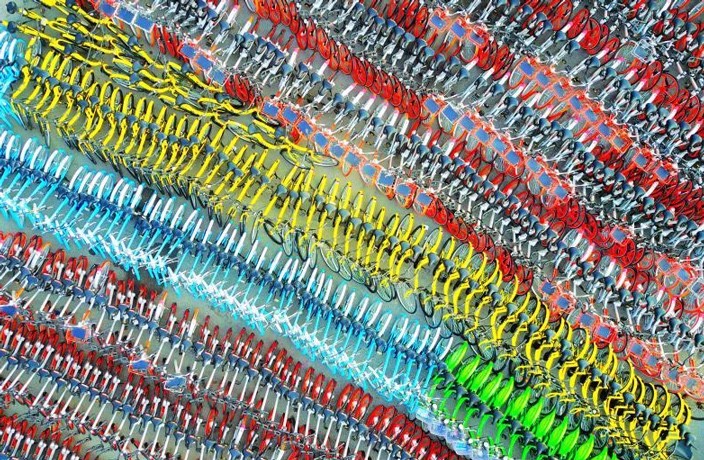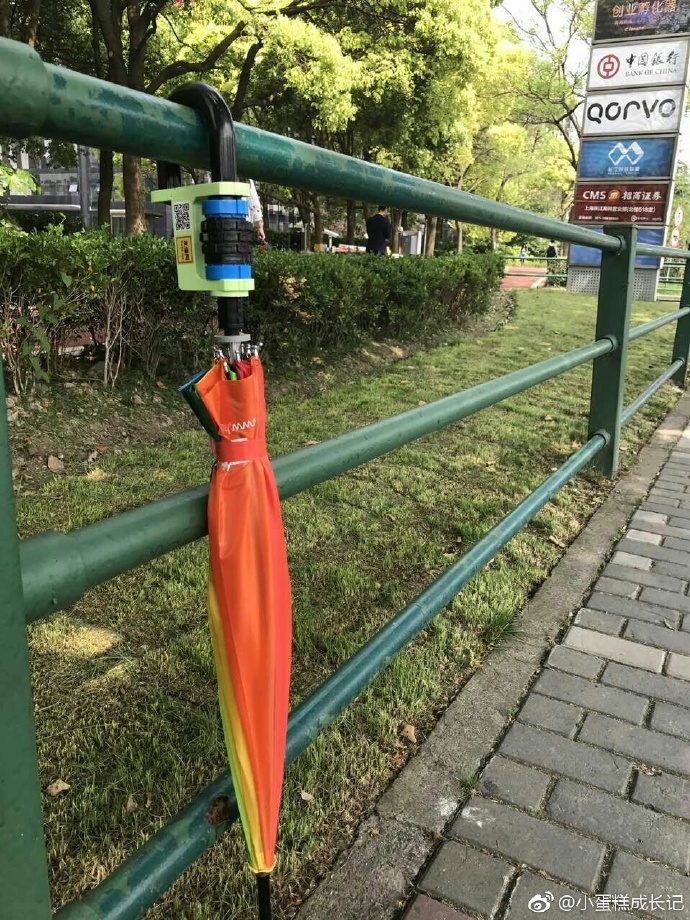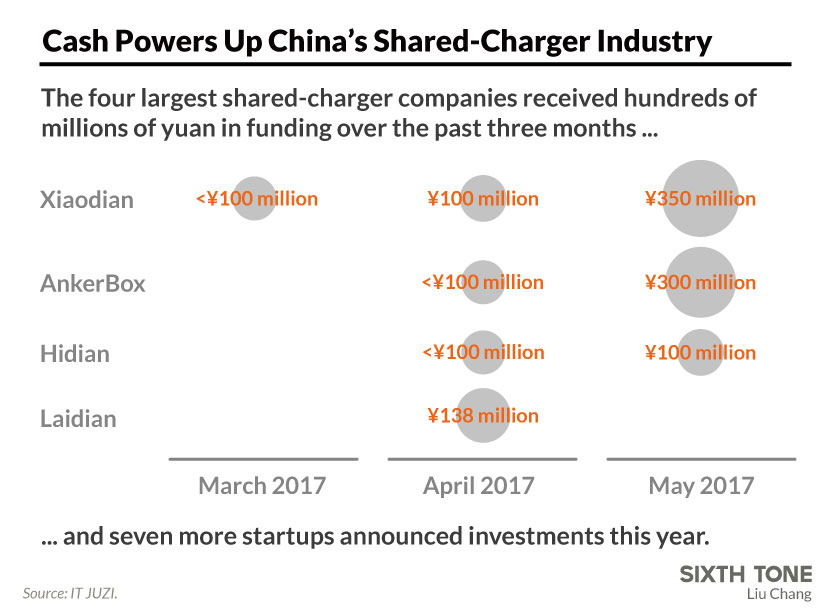The concept of sharing services didn’t originate in China, but, in recent years, Chinese are increasingly embracing many concepts of sharing economy. Several innovative startups have been on the forefront of China sharing economy with some achieving major success in record time.
Here we are reviewing several of those companies which are based on variety of different business models, products and services.
China sharing economy: 6 most innovative services
Didi – the “Uber killer”
Perhaps the most well-known example of China sharing economy is the ride-sharing service DiDi aka Didi Chuxing, the Chinese equivalent of Uber. In fact, last year, after spending billions of dollars on Chinese market, Uber has sold its Chinese company to Didi which now dominates the ride-sharing market providing transportation services for close to 400 million users across over 400 cities in China.
Before acquiring Uber China, Didi Chuxing was itself the result of the merger of rival firms Didi Dache and Kuaidi Dache (backed by the two largest Chinese Internet companies, Tencent and Alibaba respectively).
One major difference between DiDi and Uber and one of the reasons it won over Uber is the fact that the service is used by both private drivers and taxi drivers alike. Getting taxi drivers on their side helped DiDi in gaining commanding market share while Uber was busy fighting with them (as it still does in other markets).
The battle of bike sharing apps
After sharing car rides, came the bike sharing apps. In fact, nothing has changed the familiar landscape of large cities like Beijing or Shanghai in recent years like thousands upon thousands of colored bikes parked all over the cities, another sign of emergence of China sharing economy.
The new service took advantage of Chinese traditional love of biking and the availability of the technology to make easy sharing possible (more on that in upcoming posts). The market is shared between four main bike sharing apps that are currently stuck in competitive deadlock: Mobike and Ofo being the two largest competitors followed by Xiaoming Danche and Xiangqi Chuxing.
Each company has its own color associated with the bikes: orange for Mobike, yellow for Ofo, blue Xiaoming Danche and green Xiangqi Chuxing. The rainbow views like those below are quickly becoming a permanent fixture in major Chinese cities. Well, at least until the next crackdown:
Huochebang – Uber for trucks
Huochebang , or so called “Uber for trucks”, is one of the latest ventures of China’s largest search engine Baidu. The company was founded in 2014 and has already achieved the famed status of Unicorn of China sharing economy recently surpassing $1 Billion valuation.
The company is positioned to become a major player in China’s trillion yuan logistics industry and is considered “the largest and the only nationwide platform in China”, according to Wu Wenjie, managing partner of Baidu Capital, the financial backer of the startup.
As Bloomberg was reporting, Huochebang works with 2.3 million trucks and handles as much as 100,000 orders daily to haul everything from seeds and farming tools to bulkier items such as cement and coal. The company processes as much as $120 million in shipping fees daily and has about 1,000 service centers sprinkled across China supporting drivers.
Tujia – Chinese AirBNB? Not quite.
AirBNB, one of the pioneers of sharing economy, hasn’t been particularly successful in China. Most of the local copycats also couldn’t successfully replicate the model for Chinese market. However, one company Tujia.com, founded in 2011, did become a success story in the space achieving a unicorn status.
Tuijia attributes its success to significantly altering AirBNB business model. Early on they have realized that a model that is primarily based on trust won’t get very far due to different cultural perceptions and established habits of Chinese travelers. As a result, all the properties listed on Tuijia website are managed by the company itself rather than being an intermediary or mere facilitator like AirBNB.
Sharing for a rainy day
A few years ago, a popular US show Shark Tank featured a group of entrepreneurs with an idea of sharing umbrellas. The concept was laughed at and slaughtered by merciless “sharks”. In China, the cause was taken over by Molisan, an umbrella sharing app.
According to SixthTone, the service has only been introduced in Guangzhou and Fuzhou so far. For the modest fee of 2 yuan ($0.30) per day, users can pick up one of the company’s umbrellas by scanning a QR code and return it later. People with a high enough score on Sesame Credit — a credit rating system by tech giant Alibaba — can forego the 20-yuan deposit.
Molisan is not only one in this space, another startup Hujie has been developing the same solution. The umbrellas are simply attached to fences with a lock that can be unlocked with app by scanning the QR code.
Power to the people
Cellphone running out of power? No problem! At least four Chinese startups are introducing a solution in the form of cellphone charger sharing.
As SixthTone recently reported, an industry pioneer Shenzhen Laidian Technology Co. Ltd.’s business model is to set up charging spots in public places that attract heavy foot traffic: such as restaurants, shopping malls, train stations, and airports. For a small fee, a user can borrow one of the fully charged batteries after scanning a QR code with their phone, and they can return the charger later at any station.
Although, some are optimistic about the concept, there has also been a great deal of skepticism. Some users expressed concern that chargers can be used to steal personal data while others criticized their quality.








